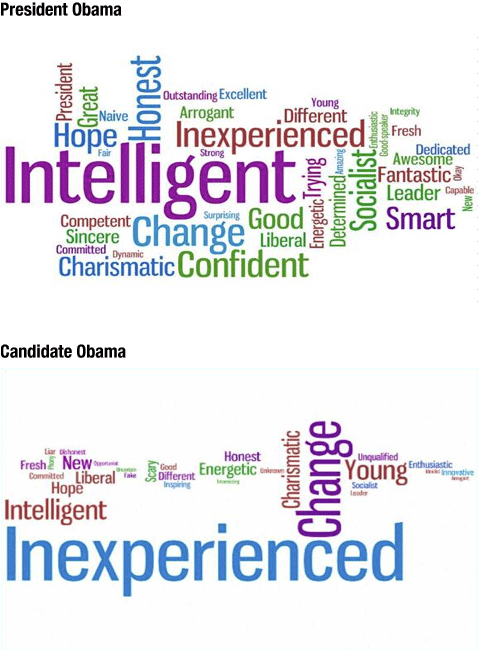The May 2007 Public Policy Institute of California survey titled "Californians and Their Government" contains depressing data about the average voter's civic knowledge.
The press release accompanying the report states:
California voters admit to knowing little or nothing about some of the most critical policy issues they may be facing in next year's elections... This lack of knowledge concerning pivotal proposals, such as billions of dollars for new infrastructure bonds and changing term limits, could provide the margin of success for these proposals. Moreover, what voters don't know may be lulling them into a false sense of fiscal security at a time when the state's finances are still on shaky ground.
According to the survey, Californians have a limited understanding of how the state raises revenue and disperses funds. And, a large segment of the population view bonds as "free money" unaware of the costs being passed on to future generations.
I see those numbers and wonder, "Is this good government?"
Despite this limited knowledge, California voters are routinely making budget decisions and issuing policy mandates through ballot initiatives.
Next year, Californians will likely be asked to approve over $43 billion in bonds for education facilities, prisons, water storage and other infrastructure (in 2006, voters approved $37 billion) and revisit our term limits laws. Currently, there are 25 state-wide initiatives in the pipeline for 2008.
According to the PPIC survey, many are relatively uninformed on the questions they'll be asked to weigh in on. Some findings from PPIC's polling:
Sixty-four percent of likely voters support Governor Arnold Schwarzenegger's proposal to issue $43.3 billion in bonds to increase funding for education facilities, prisons, water storage, and other infrastructure projects.
Fifty-two percent of voters admit that they know very little (43%) or nothing (9%) about how bonds are paid for in California. Six percent say they know a lot.
The share of residents who describe the state budget as a big problem has fallen 29 points, from 73 percent to 44 percent, since May 2004.
With a majority of state voters admitting they do not understand how bonds are financed, it's easy to understand why our elected officials prefer putting bond measures before the voters over the much less popular alternatives - raising taxes or cutting programs.
Historical Background - The ballot initiative was instituted in California in 1911 as a Progressive Era reform designed to reduce the influence of corporate interests on the state legislature. According to a 2005 PPIC analysis of the history of direct democracy in the state:
Since the 1970s, California has come to rely heavily on direct democacy to make major policy decisions. During that time, the number of initiatives per ballot has almost tripled, and voters have used direct democacy to decide the fate of such issues as drug enforcement, property taxes, environmental regulation, bilingual education and affirmative action. Some observers have concluded that the initiative process is replacig the legislature as the most important law-making institution in the state.
Unquestionably, direct citizen involvement has allowed Californians to express their opinions and enact important progressive legislation. Many positive changes (from my point of view) have come from the initiative process - including groundbreaking environmental protections and stem cell research. Despite a growing sense of "election fatigue" among state voters, the process remains popular with a sizable majority of Californians today, according to the Public Policy Institute.
Out of Iraq Initiative - In fact, one of the more intriguing initiatives being proposed by State Sen President Don Perata, the ""Vote Us Out of Iraq"" ballot initiative is being debated in Sacramento today and will allow Californians to send an unprecedented message to our officials in Washington about the Iraq War. But, as elishastephens observed last week, the advisory measure is simply designed to allow voters to express their anger at the situation in Iraq.
Despite direct democracy's past success and ongoing popularity in the state, I believe the numbers in the May PPIC report are cause for concern.
The combination of an uninformed public and the willingness of elected officials to turn to the initiative process creates an opportunity for skilled and well-financed special interests to covertly advance their agendas. When the politicians "punt" the tough questions to an uninformed and disengaged electorate the likelihood of creating good policy is diminished.
Additionally, the almost exclusive reliance on television advertising as the communications tool used in statewide ballot campaigns reduces policy discussion to thirty second soundbites. Informed, intelligent debate becomes increasingly difficult as a result.
Initiatives work if the citizenry is knowledgeable about the issues and the process.
Right now, California's voters and elected officials are both coming up short.





No comments:
Post a Comment